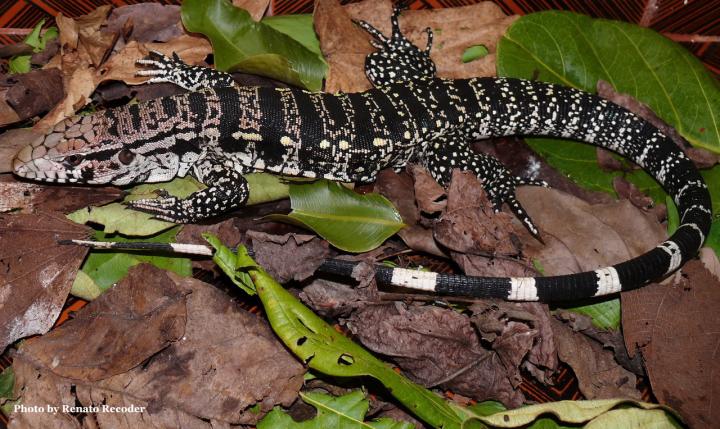Estudo da UFSCar analisa aspectos legais do Big Data e utilização de dados pessoais na perspectiva da Ciência da Informação no Brasil. Conheça a dissertação de Gislaine Cristina da Conceição, “Big Data e dados pessoais: questões legais emergentes na perspectiva da Ciência da Informação”, desenvolvida junto ao Programa de Pós-Graduação em Ciência da Informação da Universidade Federal de São Carlos. Orientado pelo Prof.
Rogue Scholar Posts

Mit dem Kauf des GIF-Dienstes GIPHY sorgte Facebook kürzlich für Aufsehen. Was so besonders an den kurzen Bildsequenzen ist, wieso sie mitunter zu Memes werden und welche Rolle das Urheberrecht in dieser Art der digitalen Kommunikation spielt, weiß Georg Fischer.
Elsevier acquires the profiling service Parity. It is thus further expanding its existing portfolio of science management services. Elsevier acquires the profiling service Parity According to Elsevier’s press release Parity provides “high-accuracy entity resolution, profiling and recommendations for STM content and applications in the world of research.

In this data-driven era, research is faced with new challenges, from sharing, storing and accessing data, including how to better integrate data to answer big questions in science. With many data repositories available, it is hard to maintain them all – some repositories are forced to close – meaning loss of access to invaluable datasets.

Adapted from Ohdera A et al. Three jellyfish genomes are better than one A new article in GigaScience might make you squirm if you plan to hit the beach this summer. The published work presents the draft genomes of three different jellyfish species.

At GigaScience as our focus is on reproducibility rather than subjective impact, it can be challenging at times to judge this in our papers. Targeting the “bleeding edge” of data-driven research, more and more of our papers utilise technologies, such as Jupyter notebooks, Virtual Machines, and Containers such as Docker.

It’s DNA day, commemorating the publication of the structure of DNA in 1953, as well as the completion of the Human Genome Project in 2003. Genomics has come a long way since then. Today it is possible to sequence whole genomes with a very reasonable investment of time and money. What an amazing time for scientists who are working with non-model organisms.

Today in G igaScience we present the genome of the tegu lizard. It is the most complete assembly of any reptile genome so far and will also aid scientists to study other lizards and snakes. The tegu has mastered a trick that is highly unusual in the reptile world: it can turn on its own heating system.

With the upcoming 5th International Plant Phenotyping Symposium (IPPS) set to take place Oct 2-5, in Adelaide, Australia, we look at how the plant phenotyping community has progressed over the last decade and how we can potentially address the issues surrounding data sharing, re-use, and reproducible research. As we live in an increasingly data-driven era, the genomics community has, in particular, a long history of sharing data to

GBIF has reached 1 billion occurrences which is, of course, something to celebrate: An achievement on this scale represents a lot of work by many people over many years, years spent developing simple standards for sharing data, agreeing that sharing is a good thing in the first place, tools to enable sharing, and a place to aggregate all that shared data (GBIF). So, I asked a question: My point is not to do this: Rather it is to